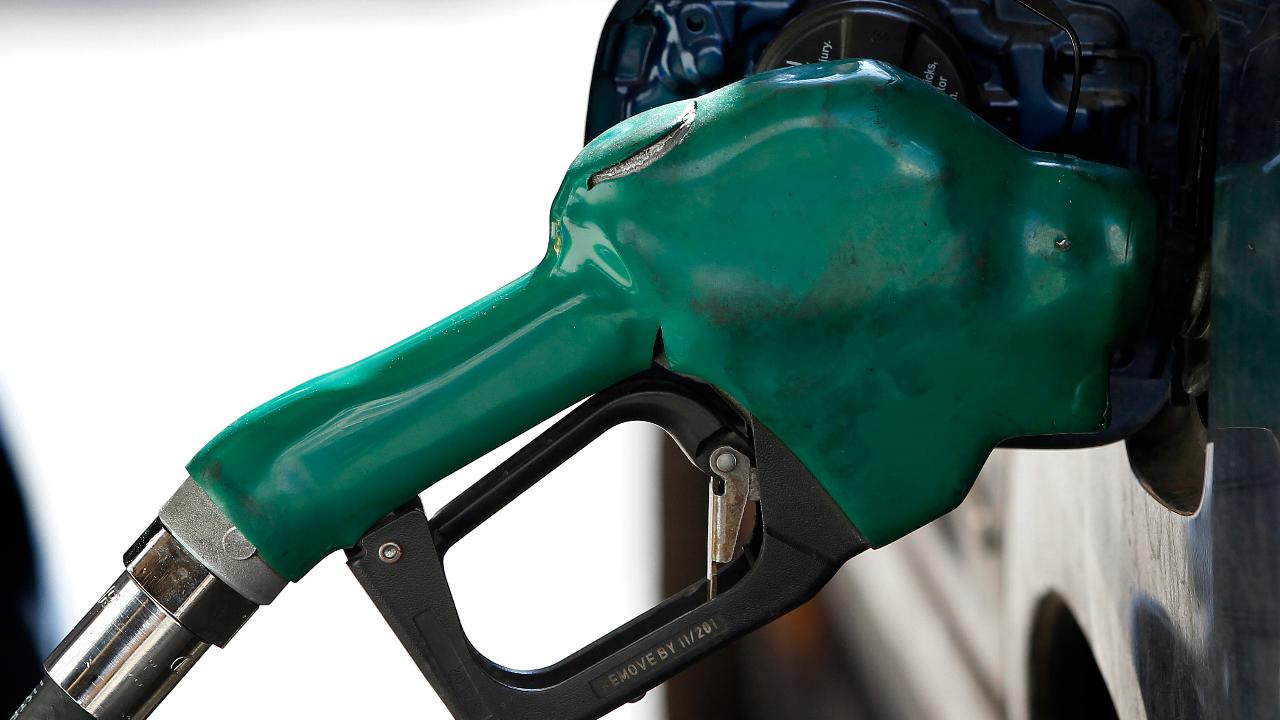California’s high gas prices potentially from ‘possible market manipulation,’ agency report says
Some notable gas businesses could have a role in California’s high fuel costs through “possible market manipulation,” a state agency said in their report on the matter.
The California Energy Commission, in a memo to Gov. Gavin Newsom, detailed a striking, record figure they uncovered when looking at prices in the state versus the national average, according to The Associated Press on Thursday.
Gas prices in California were reportedly found to be more than a dollar higher than the national average by the end of last month. That disparity is “the highest increase ever seen,” according to the agency.
As of Friday, the average price for regular gas in the state was about $4.05, whereas the national average was about $2.86, according to AAA.
As for what lies behind the price increase, the commission pointed to one possible explanation that some retailers are charging higher prices than others "for essentially the same product."
The commission noted Chevron, Shell, Exxon, Mobil and 76 have doubled their prices compared to ARCO, unbranded retailers and hypermart locations, which include stations associated with supermarkets or big-box retail stores.
"While this practice is not necessarily illegal, it may be an effort of a segment of the market to artificially inflate prices to the detriment of California consumers," the commission noted in its report.
As a result of a price boost of this nature, customers would typically flock to retailers that offered gas for a lower cost, officials said. From 2010 to 2017, the commission said the percentage of gasoline sold by Chevron, Shell and 76 retail stores dropped by about 3 percentage points combined.
The agency suggested taking a deeper look at the problem over the upcoming months, recognizing its initial estimates as being “imprecise.”
Western States Petroleum Association President Catherine Reheis-Boyd said many factors can explain why California's gas prices are higher than the national average, such as the state's mandated fuel blend requirements, increasingly high state taxes and regulations that include the Low Carbon Fuel Standard Program.
CLICK HERE FOR THE FOX BUSINESS APP
"This report provides further evidence of what market experts and government agencies have maintained for years: there are many factors that influence movement in the price of gasoline and diesel, but the primary driver is the dynamics of supply and demand of crude oil," Reheis-Boyd said.
The Associated Press contributed to this report.




















